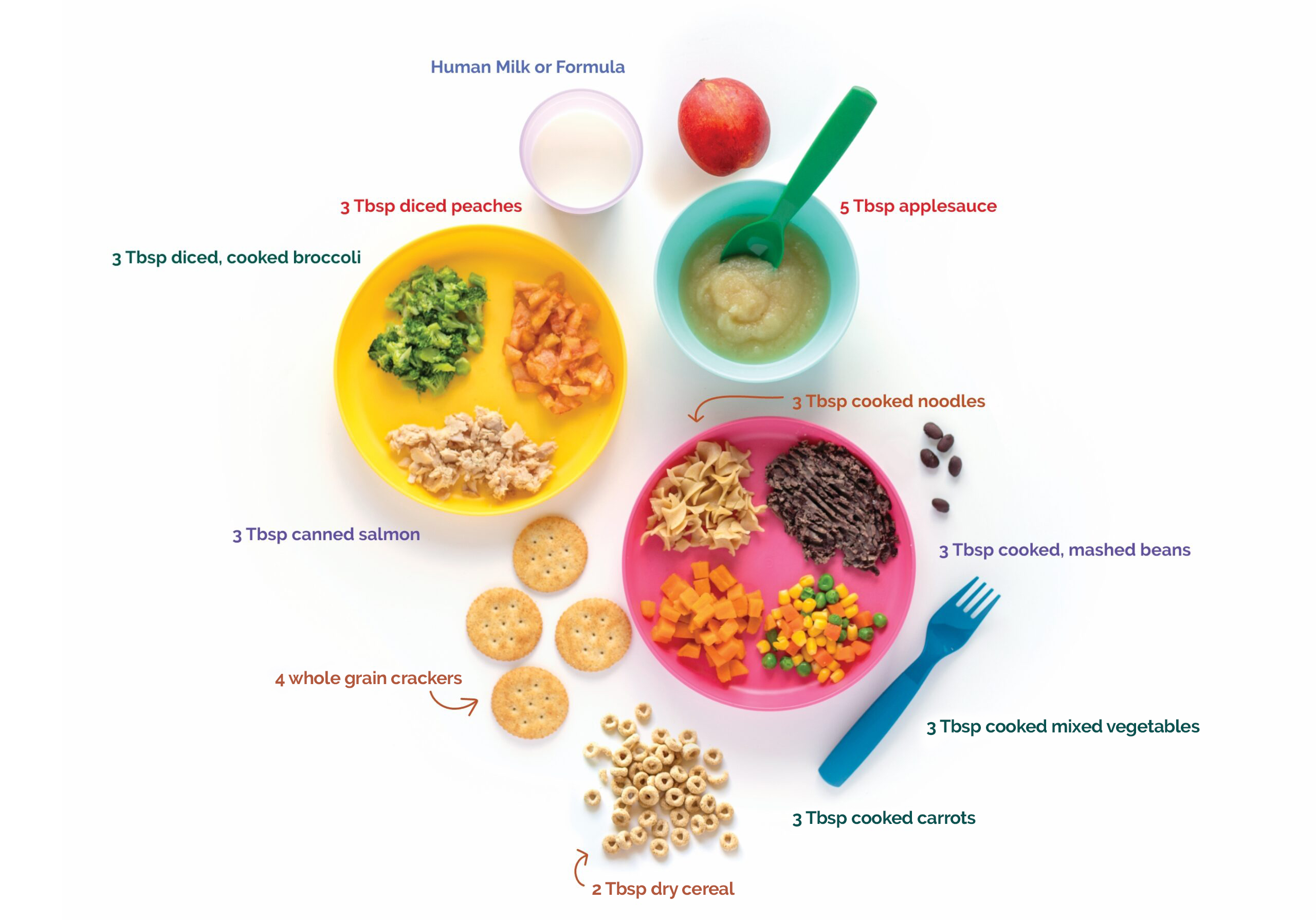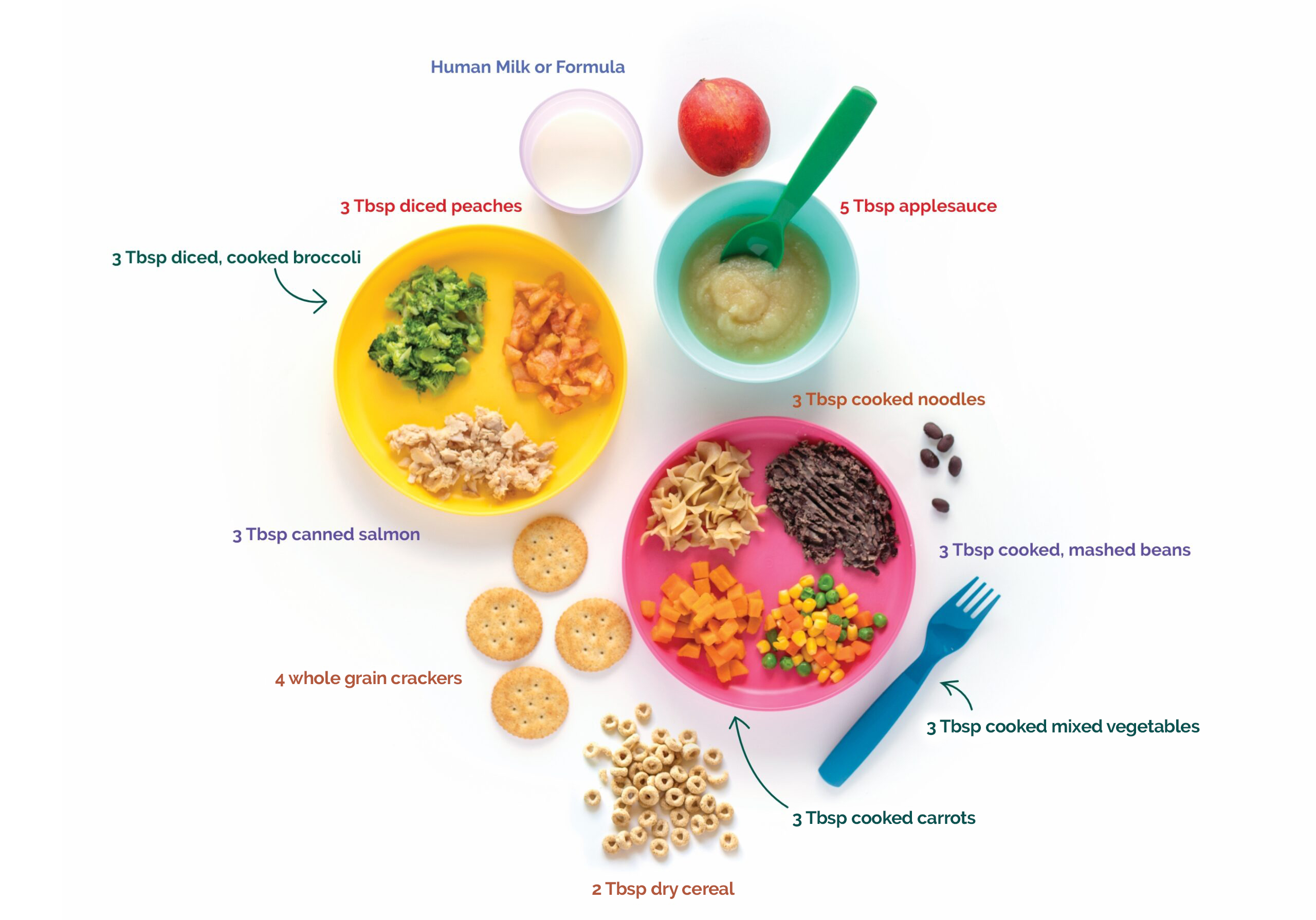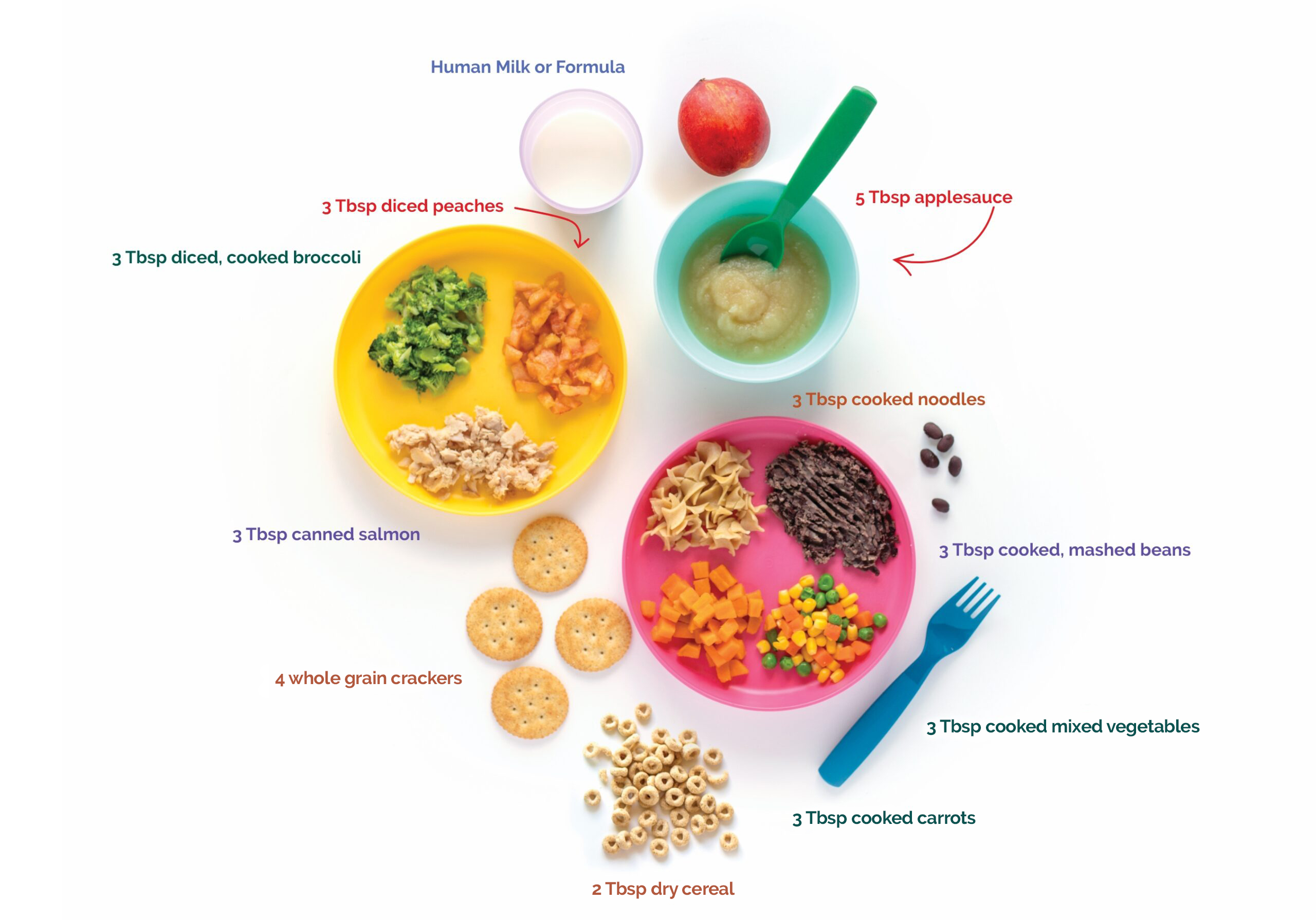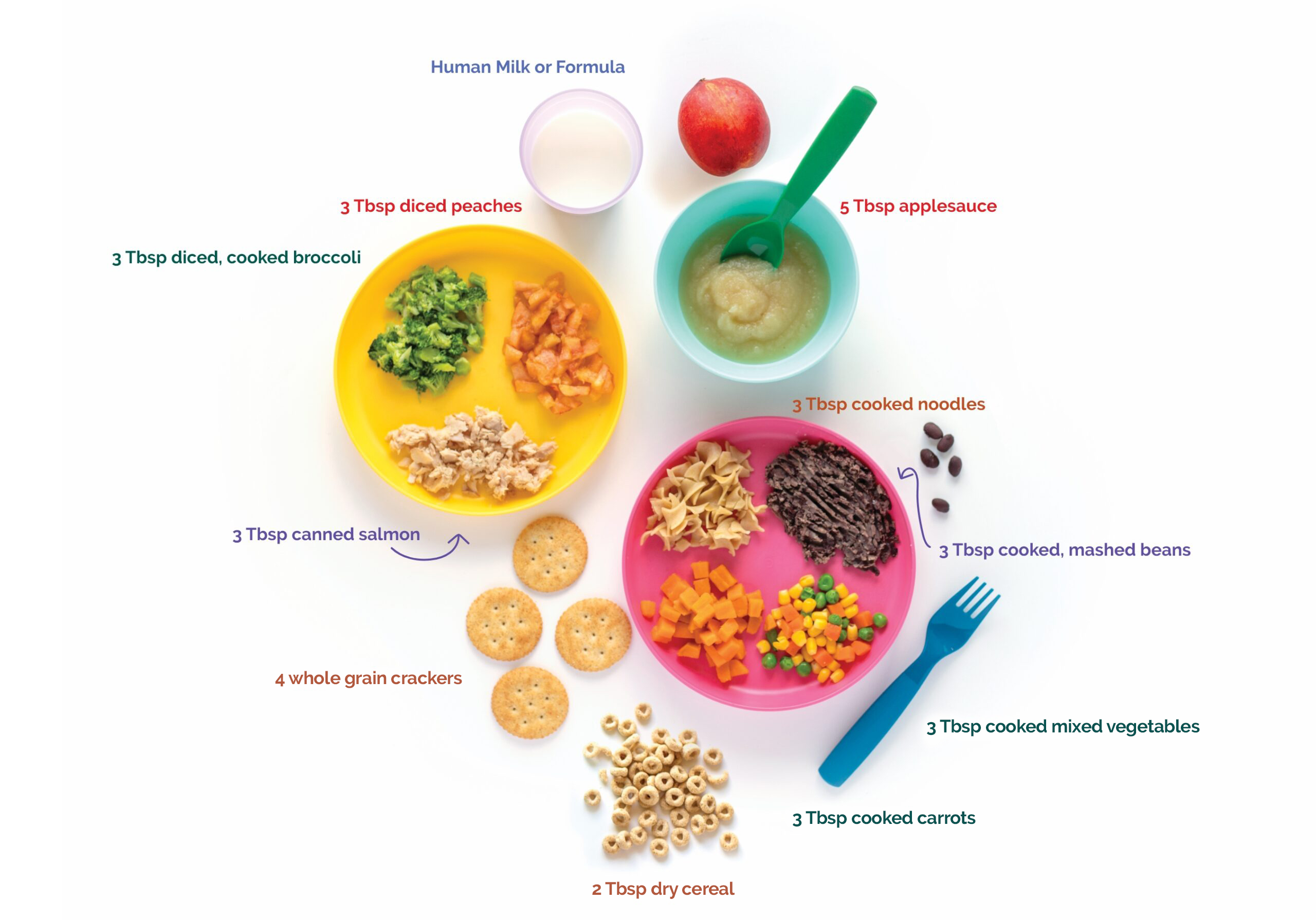Additional Resources
Additional food resources in the community to help you during or after your time with WIC:


Eat Well
Take small steps to a healthier you!
Eat a balanced diet by choosing a variety of foods every day.
Make half your plate fruits and vegetables.
Choose fat-free or low-fat
dairy foods.
Make at least half your grains whole grains.
For more healthy tips, go to myplate.gov
Physical Activity
Fitting Physical Activity Into Your Busy Schedule
Workout while your baby is napping.
Put your baby in the stroller or carrier and go for a walk.
Fit several 10 minute mini-workouts into your day.


Emotional Health
Hormonal changes after delivery and lack of sleep can make new moms feel sad, anxious, irritable, and overwhelmed. To help with these feelings, eat well, rest often, and ask family and friends for support.
If these feelings worsen or last longer than two weeks, it may be a sign of postpartum depression. If you have any concerns, contact your doctor.
For additional support, contact Postpartum Support International
(800) 944-4PPD or go to
www.postpartum.net.
You can also contact Help Is Here DE by visiting www.helpisherede.com/mental-health.
Folic Acid
Getting enough folic acid helps prevent birth defects in your baby. Women who can become pregnant should consume 400 mcg of folic acid everyday from foods and/or vitamins.
Along with a multivitamin, choose foods high in folic acid. Foods with folic acid:
Fortified cereals
Enriched bread and pasta
Dark green leafy vegetables
Orange Juice
Beans


Continue Nursing
Doctors recommend feeding only human milk for the first six months of life. Continue nursing in addition to feeding solids for the first year, or longer if you and your baby desire.
For more information about nursing, go to
https://delaware.wicresources.org/breastfeeding/
Be Wise – Immunize
Immunizations protect your family and others from diseases like the measles, mumps, polio, chickenpox, and more.
Check with your doctor to see if you and your family are up to date with immunizations.


Avoid Alcohol, Tobacco, & Drugs
Using alcohol or drugs, including marijuana, can impair your ability to keep your child away from danger, respond to their needs, and make good decisions.























